How to Improve Fast – 4. Concentration (the Correct Name of the Game)
By Luis Soubie (Photo courtesy of Matias Capizzano) This chapter is rather more personal than the others and I want to clarify again that all this is my VERY personal view on the subject of sailboat racing: this is what happens to ME, and I may be wrong (or just crazy). The first paragraph of the first chapter of this series of notes read: "in order to race you must concentrate 100% of the time; if not, it is impossible". Really, it's the only way I know to race (to race well anyway). For me, the difference between 100% concentrated or not is what defines the difference between racing and sailing. I see them as two different sports. In my personal view, I race while my dad sails. I do not consider myself a talented guy, but I have a very good ability to concentrate. And secondly my Engineer brain needs a rational explanation for everything. Nothing I write here will be able to express the full extent of how important I think concentration is. As I said before, when you stop thinking, you stop racing and begin to just sail, and that's another sport. ...
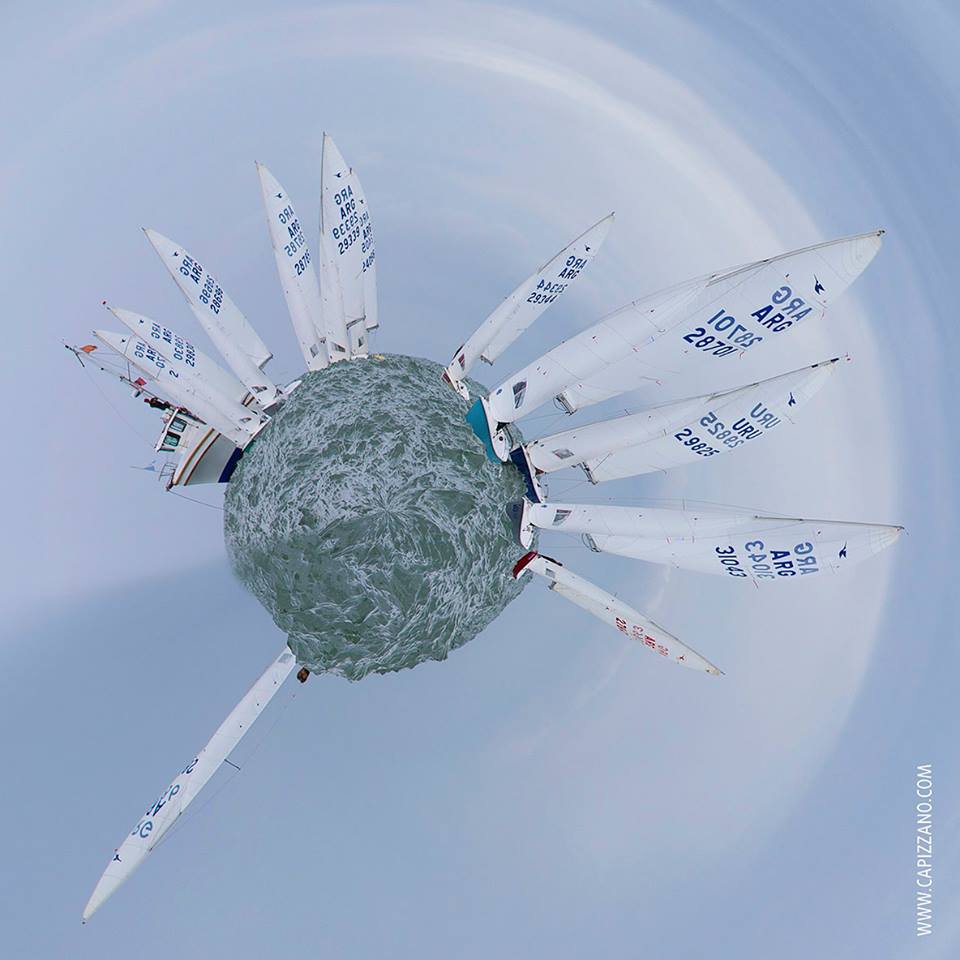

By Luis Soubie
(Photo courtesy of Matias Capizzano)
This chapter is rather more personal than the others and I want to clarify again that all this is my VERY personal view on the subject of sailboat racing: this is what happens to ME, and I may be wrong (or just crazy).
The first paragraph of the first chapter of this series of notes read: “in order to race you must concentrate 100% of the time; if not, it is impossible”. Really, it’s the only way I know to race (to race well anyway). For me, the difference between 100% concentrated or not is what defines the difference between racing and sailing. I see them as two different sports. In my personal view, I race while my dad sails.
I do not consider myself a talented guy, but I have a very good ability to concentrate. And secondly my Engineer brain needs a rational explanation for everything.
Nothing I write here will be able to express the full extent of how important I think concentration is. As I said before, when you stop thinking, you stop racing and begin to just sail, and that’s another sport.
…
I am not a doctor nor do I know anything about medicine, so over time and with my own experience I have developed my own theories and models to understand how my head works while racing, to interpret what is happening and to take steps to improve my results. We are all different but we can certainly find points in common. Trying to put it into words, I call my theory “one hundred monitors” and it is more or less the following:
Our brain is miraculous, but it has its limits. Sometimes it gets tired, sometimes it overheats, and sometimes it can’t process the amount of information required or does it poorly. Whenever this happens, it works worse than normal.
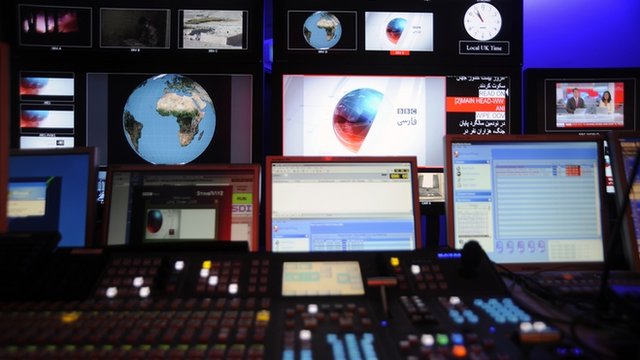 I imagine every aspect of my navigation as if it were happening on a different monitor, all on a wall. I can see the information on each monitor, things that happen to the boat or that happen to me, but obviously I cannot look at all the information all at once. On one of them I have the boat speed, on another my leech, on another wheter I´m cold or hungry, on another the position of my body and my crew. If it is late, if I have gas in the car, if I’m tired, if there is more wind on the right, if it is the first beat or the third, if my crew is having a good day, if I like my sails, if I problems at work, etc.
I imagine every aspect of my navigation as if it were happening on a different monitor, all on a wall. I can see the information on each monitor, things that happen to the boat or that happen to me, but obviously I cannot look at all the information all at once. On one of them I have the boat speed, on another my leech, on another wheter I´m cold or hungry, on another the position of my body and my crew. If it is late, if I have gas in the car, if I’m tired, if there is more wind on the right, if it is the first beat or the third, if my crew is having a good day, if I like my sails, if I problems at work, etc.
I cannot watch them all, and there are some which I can’t ever ignore completely, like boat speed. The ideal would be to remove from my mind all those that have no stake in my race.
I think a person can look with full concentration all the time on a couple of them, focus on 3 or 4 with medium attention, and less well for number 5 and 6. In other words, a 2-4-6 scheme would cover a dozen monitors in total, not more. As the brain gets tired, it will go down to a 2-3-5 scheme, then 1-2-4, then simply to 0-0-1. This will bring you from racing to sailing and maybe eventually to just floating!
An example: I remember very well when I started with my old wooden Snipe in poor condition. I was 16 or 17 years old, I knew nothing and weighed very little. Windy days were a nightmare for me. I used to start strong, but I was left behind quickly. My boathandling was poor and my boat was very poorly rigged. Also, you can be pretty sure the night before I went out until late, and perhaps I been drinking. Often I was poorly dressed for the day. I raced concentrating only at times. By the second race, from the middle of the race I just hoped to finish. Dead tired, hungry, cold and bored, I wasn’t racing the race, not even sailing, just floating. I returned to the club sometimes without knowing who won. Everything was wrong and got worse!
The more training you do and the more prepared your boat is, the less attention some compartments require. That’s why the training and knowledge of the boat is so important. If well trained, for example, the “boat speed” compartment does not require as much attention. I can sail at maximum speed literally looking back, seeing what happens on the race course with my opponents. If I’m not trained, I’ll slow down.
Because of this, it is very important to go racing with the head in perfect condition. Having slept and eaten well, without running from here to there on shore before going sailing. You have to go with the least amount of problems in the head, leaving everything useless on the ramp and carrying out only what you need to race. If the car will not start, it is a problem for 7PM, not for the race day. I always try to prepare everything the night before, even my clothes and food. The day of the race I put up the sails, get dressed and leave the shore, nothing more. I’m not running around looking for water or food, or fixing last minute things from the boat. I tell my crew at what time he has to be near the boat dressed and ready to go and we do everything relaxed. BE AT THE CLUB EARLY. I always travel with a folding chair and ideally have 20 minutes for me, sitting and concentrating or meditating a little about what lies ahead. I go racing with my head clear, confident, full of energy and eager to think, knowing that I leave shore in better shape than most. It’s like having bigger sails!
Racing the Snipe is already quite demanding in itself; there’s no need to add additional difficulty. The boat has two operating states, and only two: PERFECT or BAD. Having problems with any rigging that has friction, or does not work well is simply stupid. If you have something on your boat that is not right, do not waste any more time reading this, go, and fix it. NOW. If the boat does not work perfect, nothing will. It is like wanting to go racing in Formula1 with a flat tire; no matter how well you drive, you will lose.
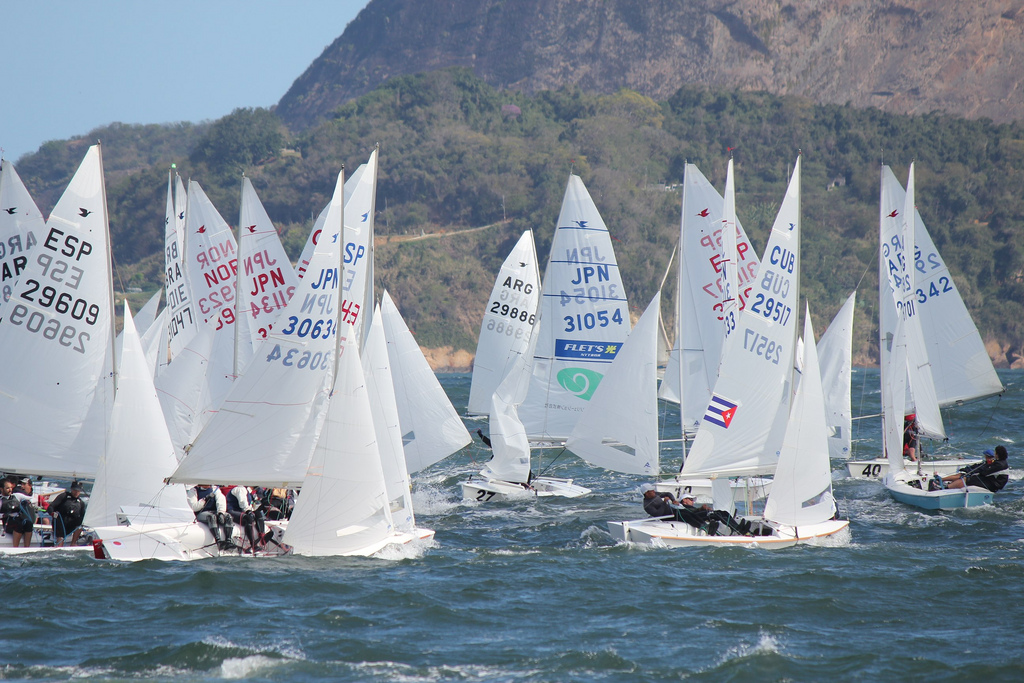 If know my boat is perfect, when the gust comes, I can pull my vang without looking and almost no effort. If not, I must devote energy to this, which is not much, but five hours later in the third race of the day it will add up and someone will pass us for sure. If I do it well, I’ll gain a length on another boat; if I don´t, I loose a length. It is only this simple, really.
If know my boat is perfect, when the gust comes, I can pull my vang without looking and almost no effort. If not, I must devote energy to this, which is not much, but five hours later in the third race of the day it will add up and someone will pass us for sure. If I do it well, I’ll gain a length on another boat; if I don´t, I loose a length. It is only this simple, really.
Ever wonder why a boat that tests speed before the race with you, and is even with you, wins by 200 yards at the finish? It is, among other things, because that team races the race at that speed and tactically concentrates 99% of the time, while most are distracted and concentrate no more than 50% of the time.
Why all this about concentration? To go fast to the good side. Fast and tactically correct is the only way to win races.
When this lack of concentration is transferred to tactics it is catastrophic. As a general rule, if you, at any time during the race, cannot answer the question “Why I am going there?” Immediately, it is because you are no longer thinking. Any response like “I think there is more wind there” or “I think I am in a lift” is valid. In some clinics I have received unusual responses such as “my boat tacked that way itself (windy)” or “I had gone too long a time to the other side. “
It looks very basic, I know, but make a sincere introspection and think how many times in the last few races you went to one side or the other without 10 seconds of analysis. Remember something important; when two boats cross upwind, one of them is going to the wrong side.
The outcome of a race is the result of hard work, dedication and talent. Without the last one you can win but without the first two you can´t.
If you seek to go racing and not just sailing or drifting, setting the sails “nice”, looking for a comfortable position, and leaving the boat to do its thing—my friends, that is the wrong sport.
Sailing is beautiful and rewarding, but during competition (and before and after actually) the work is intense, 100%. Usually boats go faster by trimming sails in a very demanding and sometimes not the most comfortable way. The more physical effort we put in the faster we go. The more of the race we lose focus, the farther behind the fleet we will finish.
It also happens a lot to sailors that normally end in the back half of the fleet, that they suddenly find themselves ahead at the start of the race, and then they concentrate and race really well. If they can maintain this level of concentration when they are in the back, where very few concentrate, they could gain countless positions with relatively little effort, but simply do not.
It happens to me when I start badly or I have a problem that I pass 5 to 10 boats in the bottom half of the fleet. They see me pass and I approach the front. But then in other races when I meet only one of these same boats in the top five it costs me much more effort to race against him, like one of the best in the fleet, and often I cannot beat him. This is caused because he is concentrating only when doing well. The boat that concentrates and sails better, could always do that but does not. You have to keep that concentration when you are behind!
That sentence “it is easier to race in front than in the back” is true. In fact, in the front, almost all “good sailors” do almost everything right (the key word is “almost”), and an error will immediately take you back, while in the back, doing things more or less well, we can keep up . What happens is that when racing in the front everyone is “happy and concentrated”, which helps us make better decisions, and then everything seems easier—but it is not easier really. This sentence only applies perfectly in a championship of many boats and at a level where the technical difference between the 5th of the fleet and the 30th is not so great.
If we demand 50% of ourselves, it is expected that 50% of the fleet will beat us, race after race. Which, if it makes you happy is not wrong… but if you are reading this, it is because you may want something else.
Racing is hard work and sometimes it is uncomfortable, but it’s fun and rewarding. Head pain post race lasts a while, but the memory and the trophy lasts forever.
“HOW TO IMPROVE FAST” is a series of short articles to the sailors who usually end up outside the first third of the fleet in most races.
They are sailors who week after week try to improve, try to repeat what they did in that race in which they finished better. They try to stay in front when they round the first mark near the leaders, but most of the time they fall back without knowing why..
The goal of all this is to provide some technical elements to help them stop committing some recurring errors immediately, so they can see results right away.
Of course, and this needs to be said, this is just my humble PERSONAL opinion, and others will have an equally valid different one. This is what I’ve learned or observed in the 35 years I’ve been racing sailboats, 26 of them under the “fat bird”, and what I try to do or avoid every weekend.
Comments for this post are closed

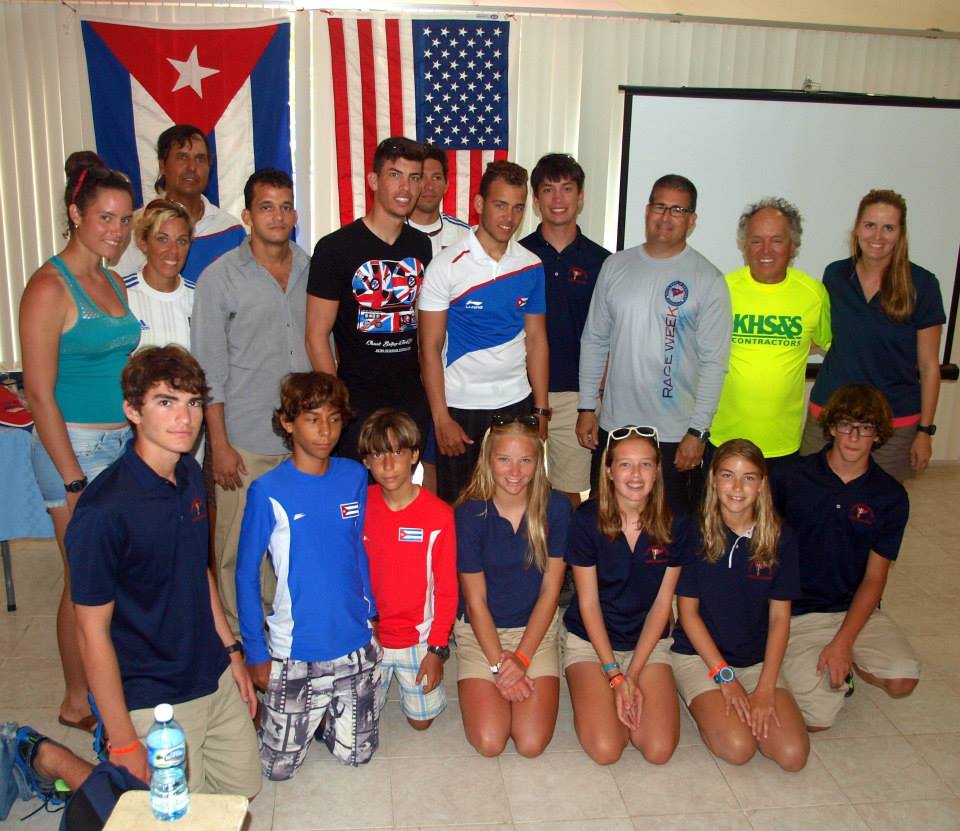
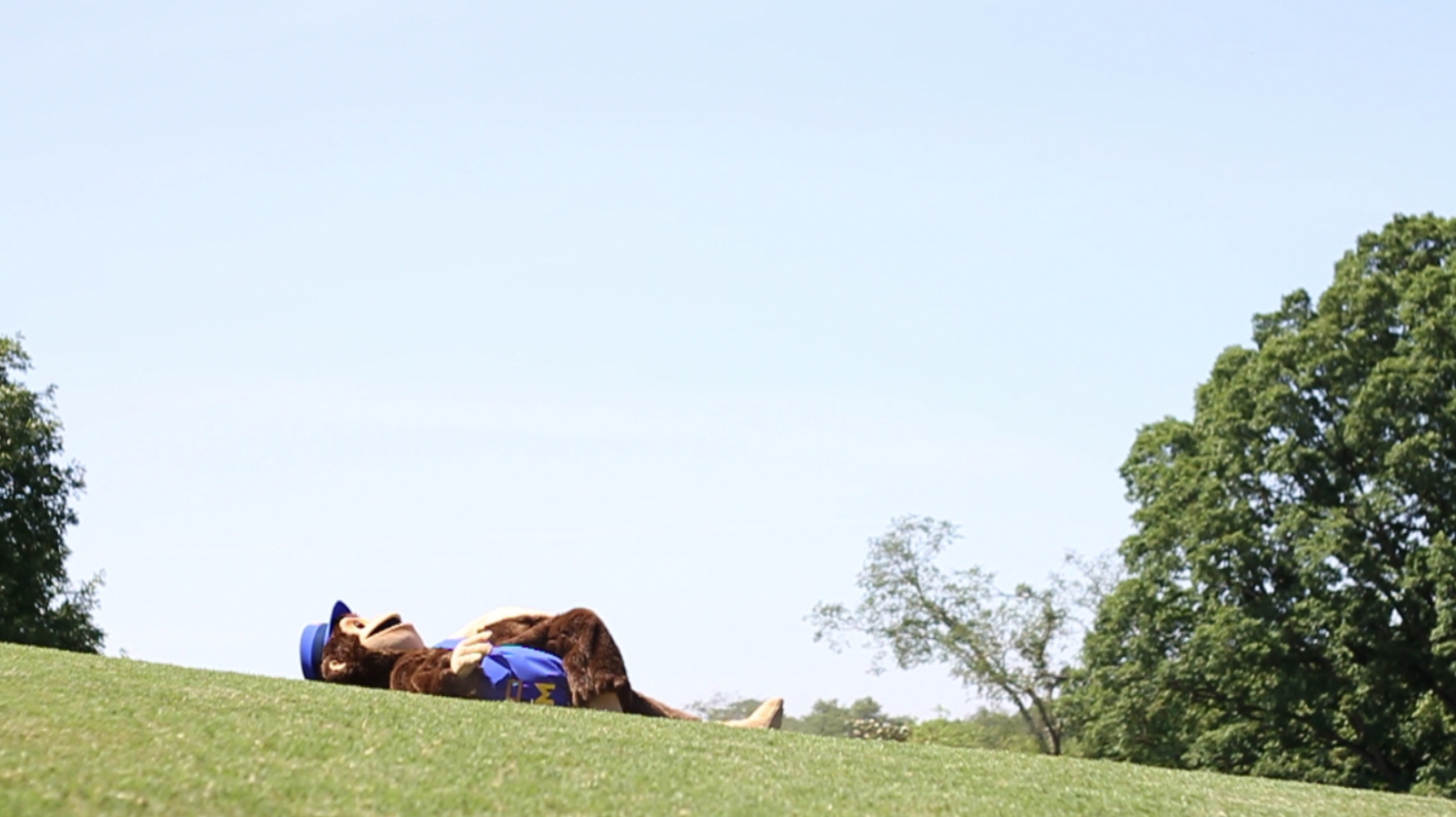


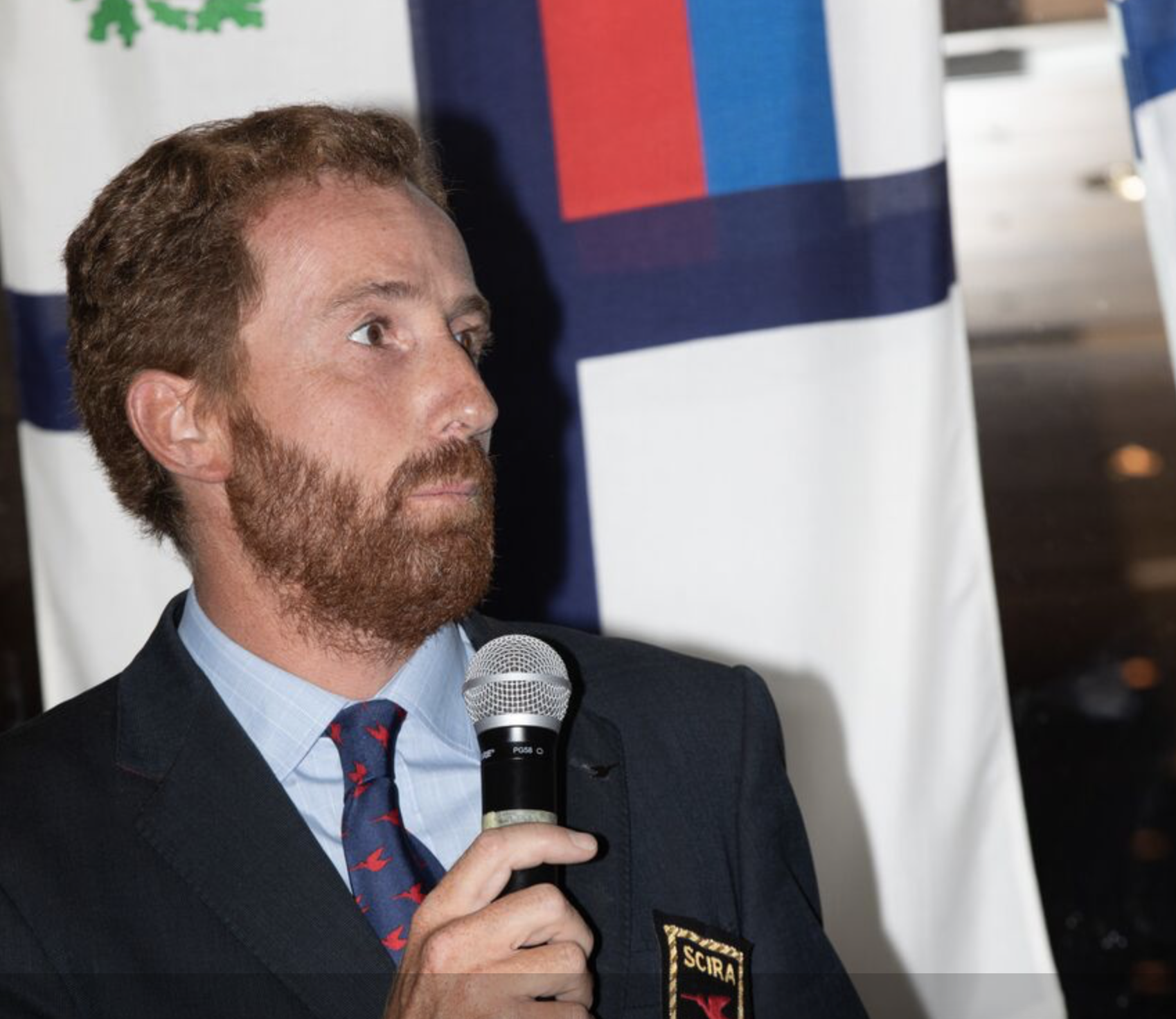
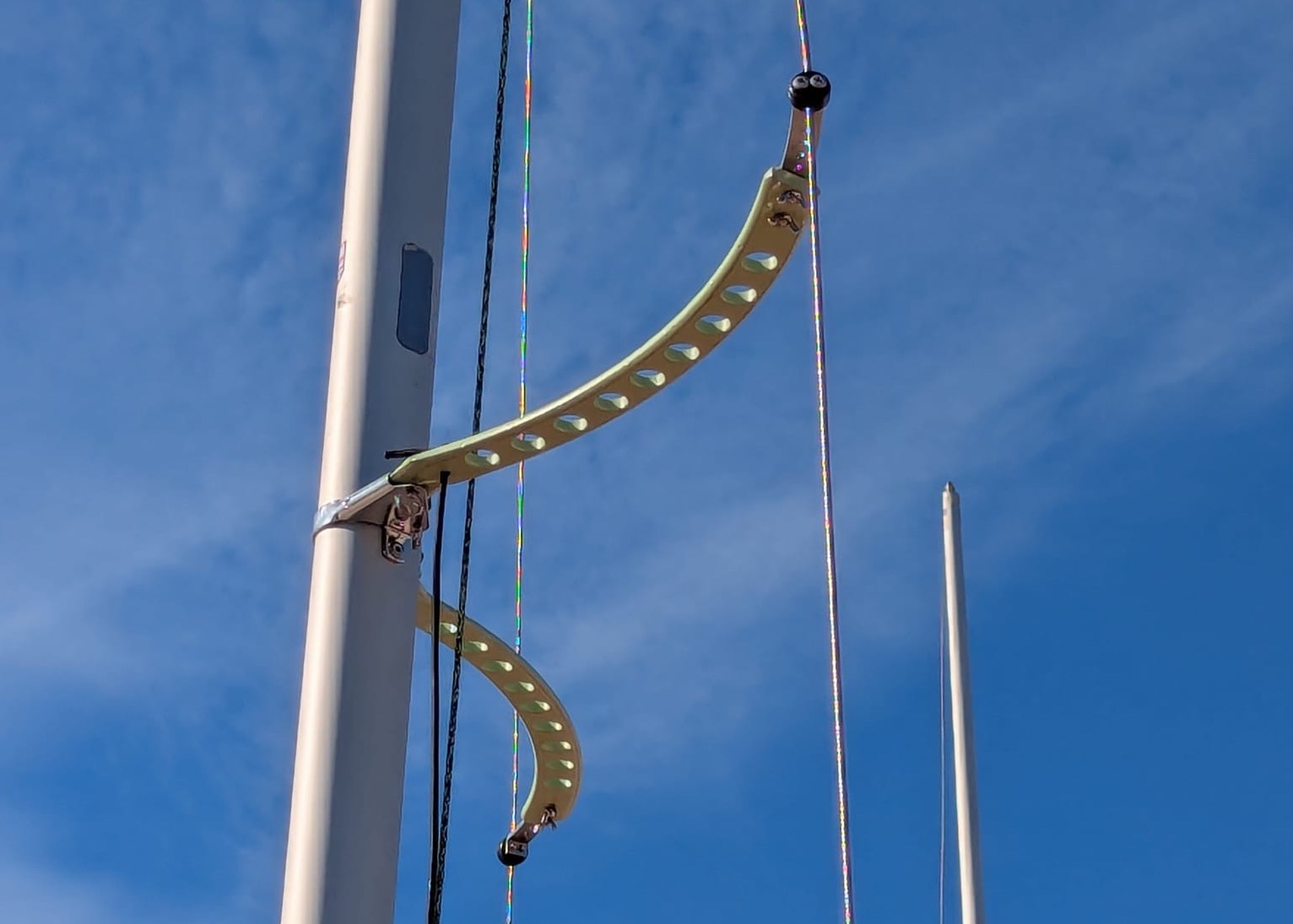
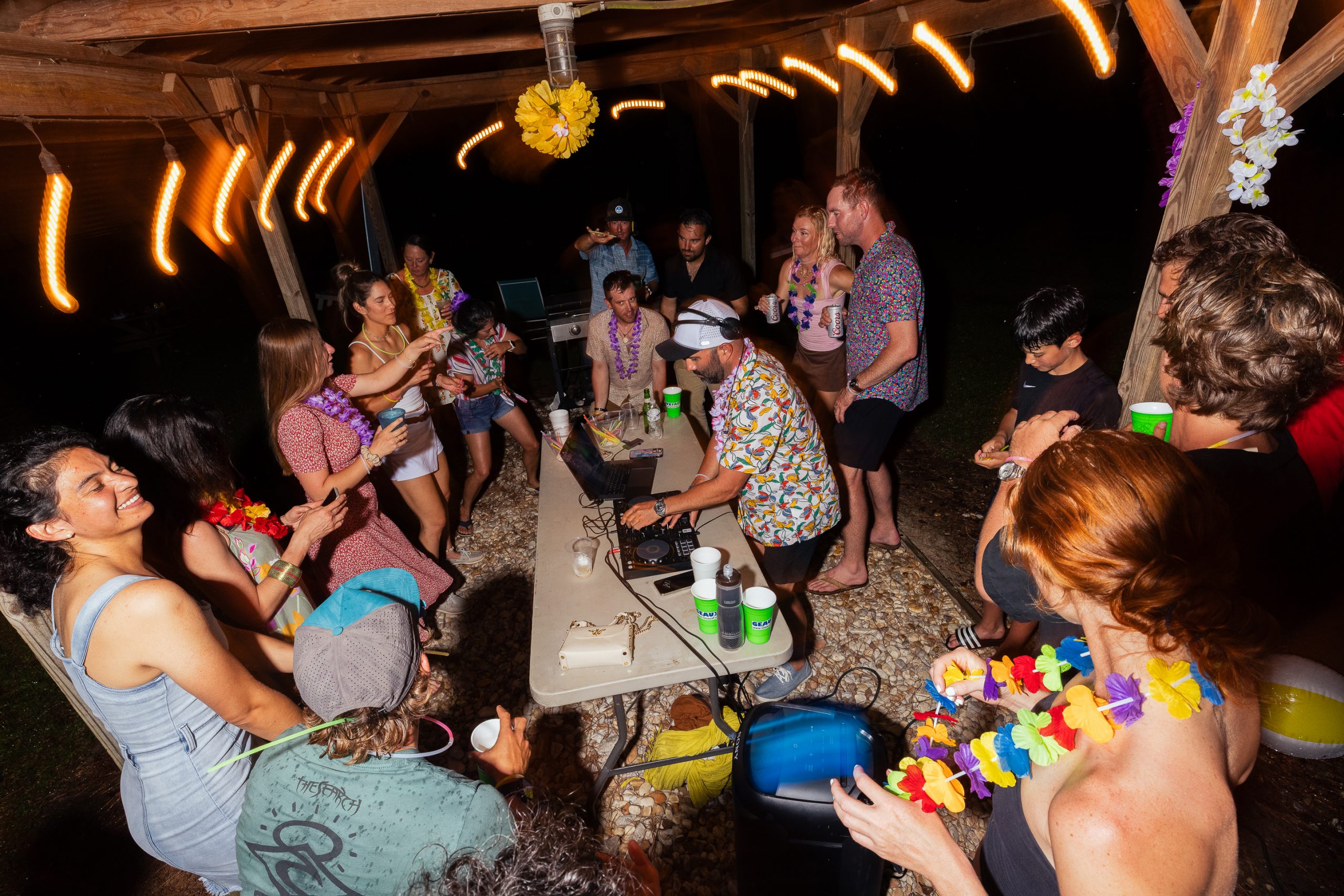

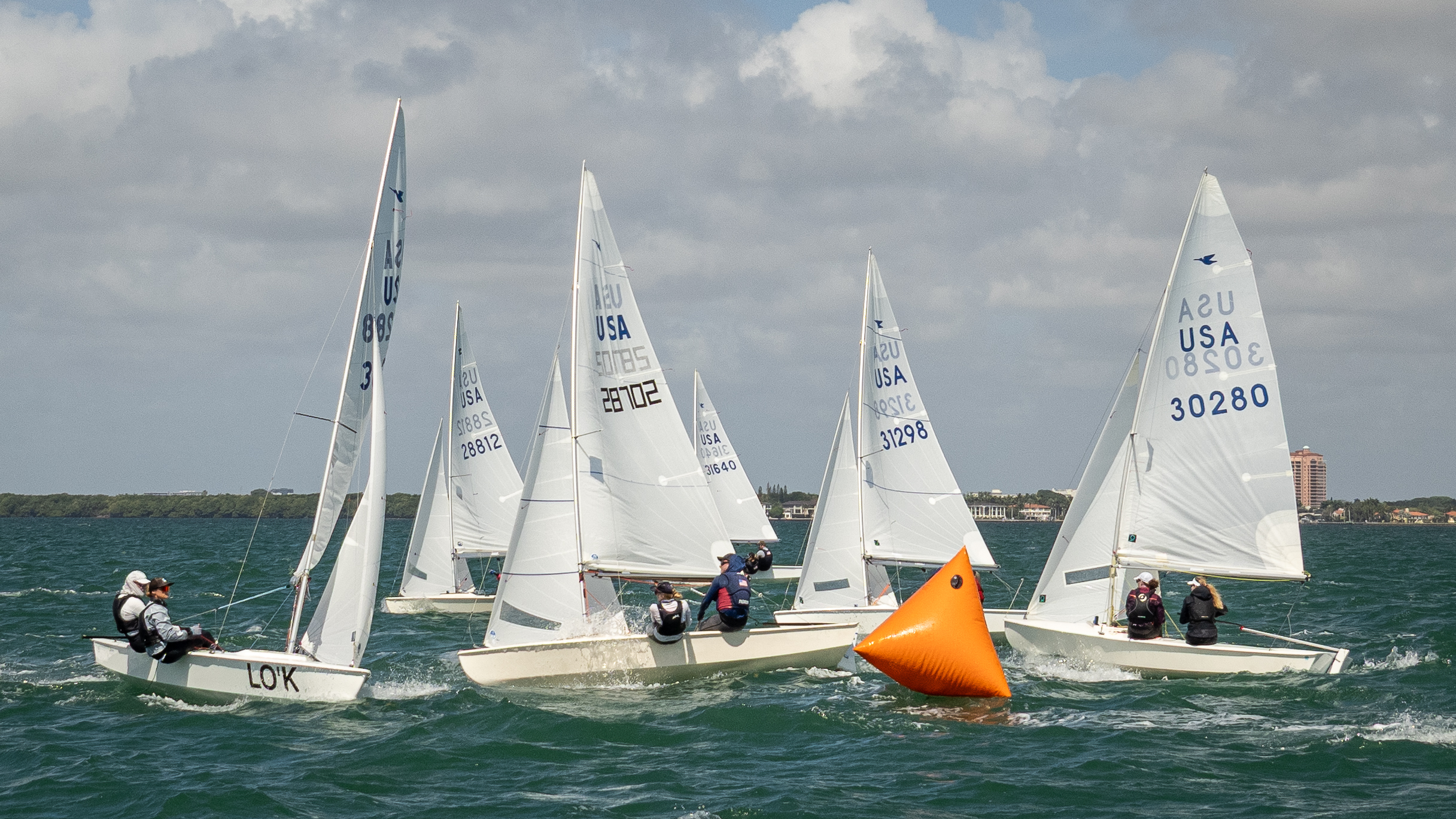
0 comments